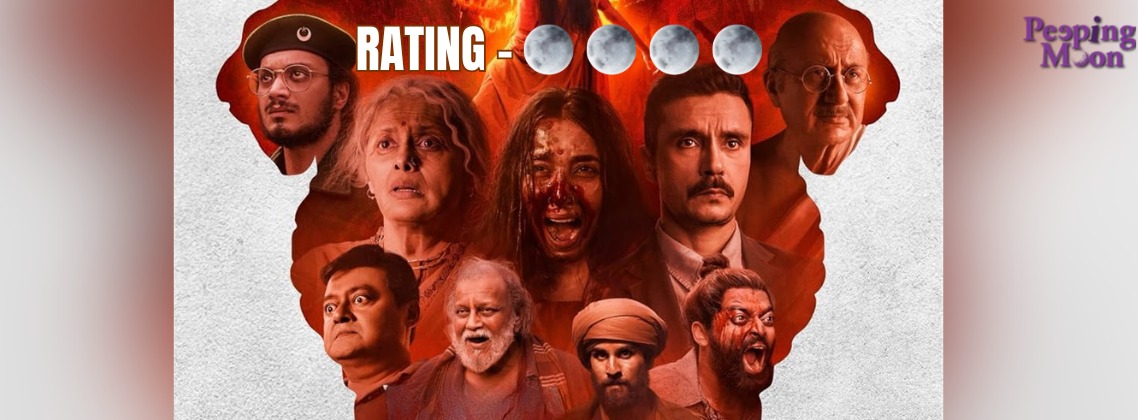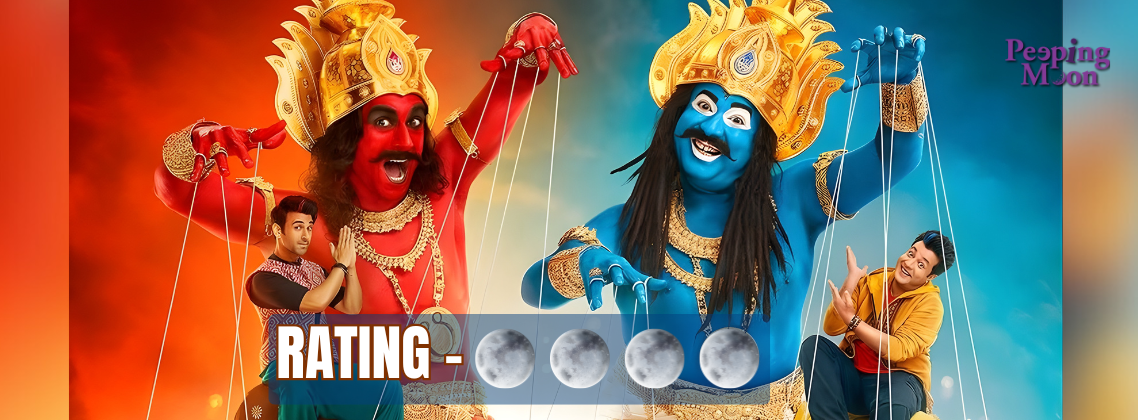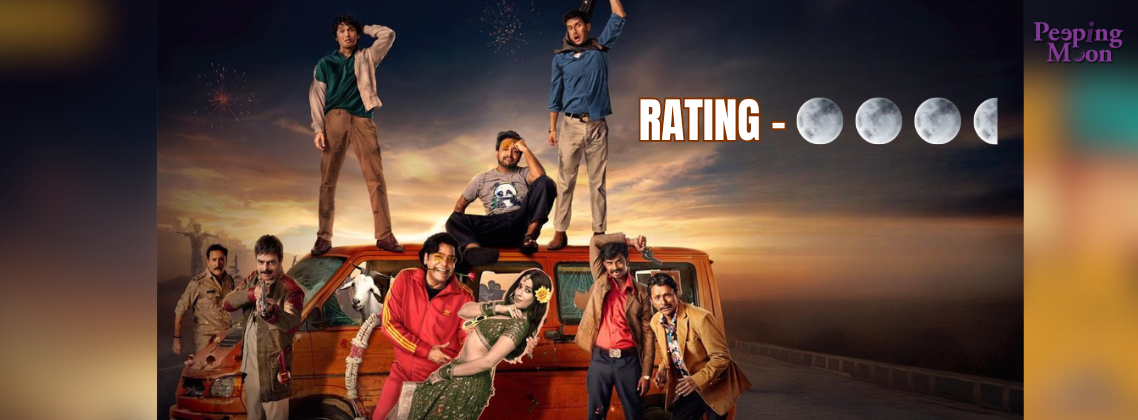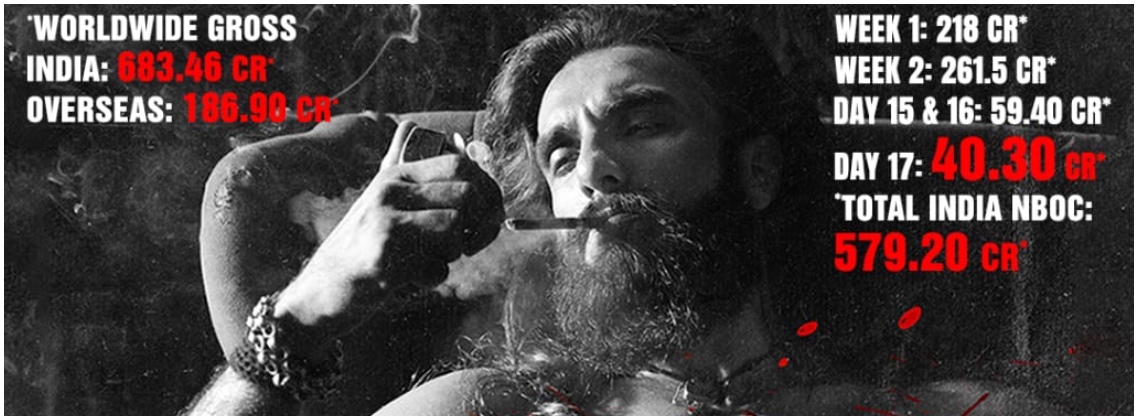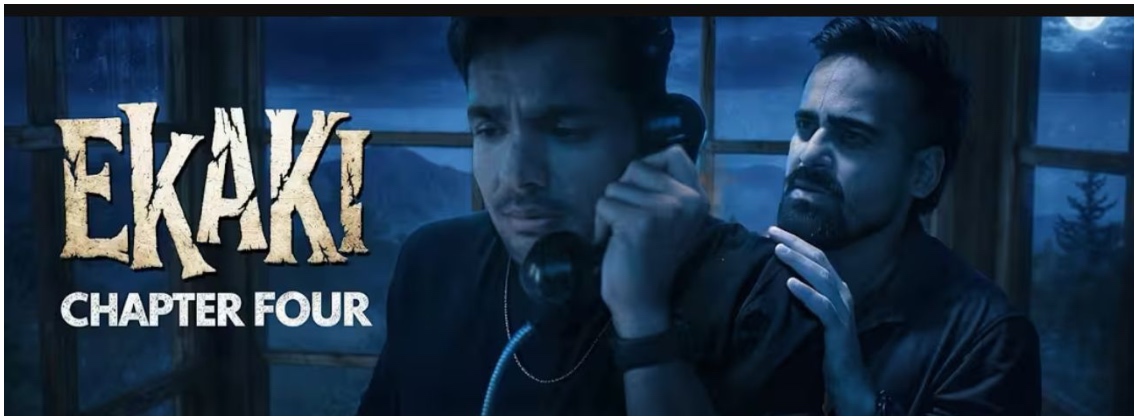Film: The Bengal Files
Director: Vivek Ranjan Agnihotri
Cast: Mithun Chakraborty, Darshan Kumar, Pallavi Joshi, Anupam Kher, Simrat Kaur, Namashi Chakraborty, Rajesh Khera, Saswata Chatterjee, Mohan Kapur, Dibyendu Bhattacharya
Rating: 4 Moons
Storyline
Set during Direct Action Day on August 16, 1946, a day of strikes and economic shutdowns organized by the All-India Muslim League to protest against British rule and demand a separate Muslim homeland, ‘The Bengal Files’ moves between Bengal’s violent past and a present-day investigation. Shiva Pandit (Darshan Kumar), an officer searching for a missing young woman, Bharati (Simrat Kaur), stumbles upon stories of forgotten genocide. As the film switches timelines, it exposes the horrors of communal strife, betrayal, and survival. The narrative aims to shed light on a chapter often erased from history. While the dual structure keeps the drama layered and intense, the storytelling at times feels heavy-handed, making it more demanding than accessible.
Acting
Darshan Kumar gives Shiva Pandit emotional strength and sincerity, while Simrat Kaur as young Bharati brings innocence and fragility to the character. Pallavi Joshi, portraying the older Bharati, adds depth and haunting weight to the narrative. Mithun Chakraborty stands out as a deranged ex-policeman, portraying madness shaped by violence with disturbing conviction. Anupam Kher as Mahatma Gandhi and Rajesh Khera as Jinnah are powerful in their brief appearances.
Direction
Vivek Ranjan Agnihotri continues his trilogy with fearless storytelling. His direction is unapologetic, refusing to dilute the brutality of Bengal’s past. The visuals are raw, unflinching, and difficult to watch, but that is the filmmaker’s intention. However, the pacing drags at points, and the film sometimes leans more on shock value than subtlety. Even so, Agnihotri’s conviction ensures the story feels urgent, forcing audiences to reflect rather than remain passive.
Dialogues
The dialogues are sharp and deliberately written to leave an impact. Political debates are layered with ideological conflict, while personal exchanges carry pain and anger. At times, however, the delivery crosses into melodrama, slightly reducing the natural flow of conversations. Despite this, the dialogues remain one of the film’s key strengths, balancing between historical commentary and human emotion.
Music
The background score shoulders much of the film’s atmosphere. It blends tension, sorrow, and silence to heighten the emotional intensity of scenes. In the moments of violence and despair, the music adds urgency, making the visuals more unsettling. The restrained use of silence also speaks volumes, ensuring the emotions resonate deeply with audiences.
Overall
It is not a conventional entertainer; it is demanding, disturbing, and emotionally exhausting. Yet, it achieves its goal of confronting a forgotten chapter of India’s history with unflinching honesty.

